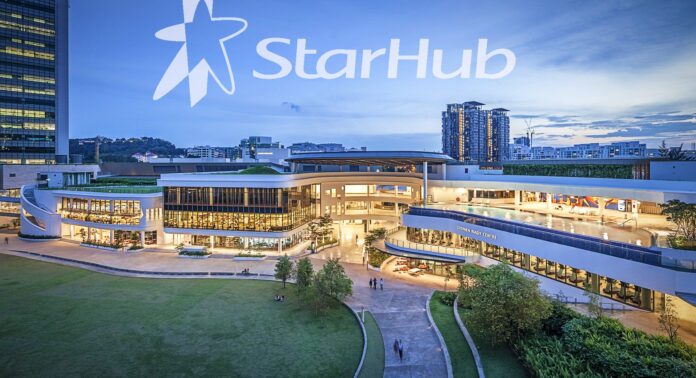The National University of Singapore (NUS) is working with operator StarHub to leverage 5G and IoT as part of a two-year trial to build a ‘smart campus’ infrastructure to bring intelligence and automation to its facilities management operation, as well as to drive its environmental sustainability agenda.
The pair said they will co-develop 5G-based IoT and other cellular IoT-based facilities management solutions over the coming two years. The university has already worked with StarHub to deploy solar-powered “campus WiFi over StarHub 5G”, as well as to deploy standalone 5G (5G SA) “services”, using “enhanced infrastructure”, on the site.
Their work is focused, in the first instance, on streamlining outdoor campus operations, they said. NUS is using StarHub’s “5G IoT platform service”, which is based on a white-labelled version of German outfit Software AG’s Cumulocity IoT platform. Software AG told Enterprise IoT Insights some time back that StarHub’s 5G-IoT “blueprint” model for operators moving into the Industry 4.0 market.
StarHub is offering enterprise connectivity via a combination of public and private 5G networks, as required, plus all the supporting edge-cloud infrastructure besides. The proposed setup with 5G is unclear; it appears to be offering reinforced 5G connectivity in the campus area, presumably with upgrades to its public network, and possibly some local in-fill on the site.
It appears likely the pair will discuss some private 5G setup, as well; but the focus, for now, appears to be to develop IoT based use cases together. StarHub said the university will gain the ability to draw ‘live’ data from any number (and any make) of IoT sensors in its new management platform. They are planning a “pop-up showcase” in the next few months for faculty staff, university students, and various “partners”.
A statement said: “The wide variety of 5G and IoT use cases in smart facilities management include building facade inspection, housekeeping and landscape management, waste management, security management, and augmented/virtual reality applications, using the campus as an immersive classroom for sustainability education.”
Charlie Chan, chief of StarHub’s enterprise business group, said: “As a hub for work, study and play, the NUS campus is a prime living laboratory for us to reimagine digital and green applications, for a smarter, more sustainable future. 5G has come at a time when operational efficiency and climate change matters are fast becoming priorities for businesses, campuses, and government entities.
He added: “With our 5G IoT platform service, we are moving fast to becoming the partner of choice for digitalisation, automation, robotics, data analytics and secure managed services. Partnering NUS, we are capitalising on 5G to build a smart sensor network and generate new insights, for more agile decision-making and greater workforce productivity. The solutions we create will drive business success for organisations, as they transform their processes, operations and infrastructure for their stakeholders in this digital-first world.”
Tan Shui-Min, chief information technology officer at NUS, said: We have piloted a first-in-class outdoor Wi-Fi powered by 5G to complement our indoor campus wireless network, engendering a seamless and reliable connectivity experience for staff and students. Sharpening our competitiveness in education, research and innovation, this collaboration has brought us closer to our vision of being a borderless university, where learning and working can take place anywhere, anytime and through any device.”
Koh Yan Leng, vice president for campus infrastructure) at NUS, said: “The high-speed connectivity and real-time communications that 5G provides will allow us to redesign our facilities management workflow, enhancing productivity, efficiency and safety, as well as provide targeted responses tailored to different situations.
“The 5G IoT services, coupled with industry-relevant solutions developed in partnership with StarHub, will allow NUS to build new capabilities in smart facilities management, bringing us closer to our goal of being a smart, safe and sustainable campus whilst supporting the industry transformation of the built environment sector.”

